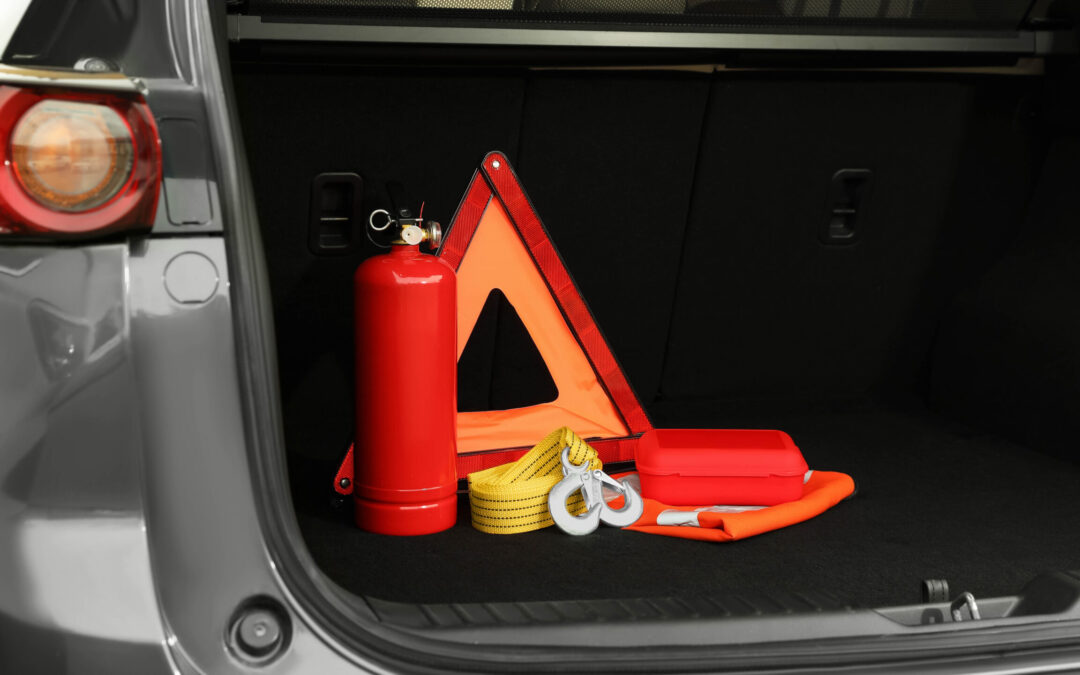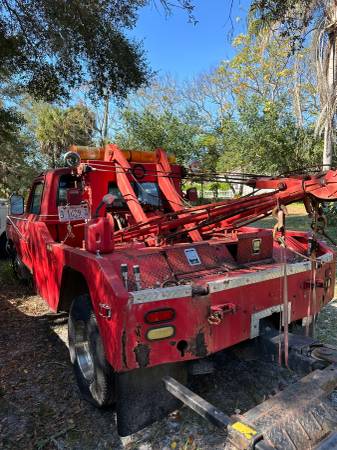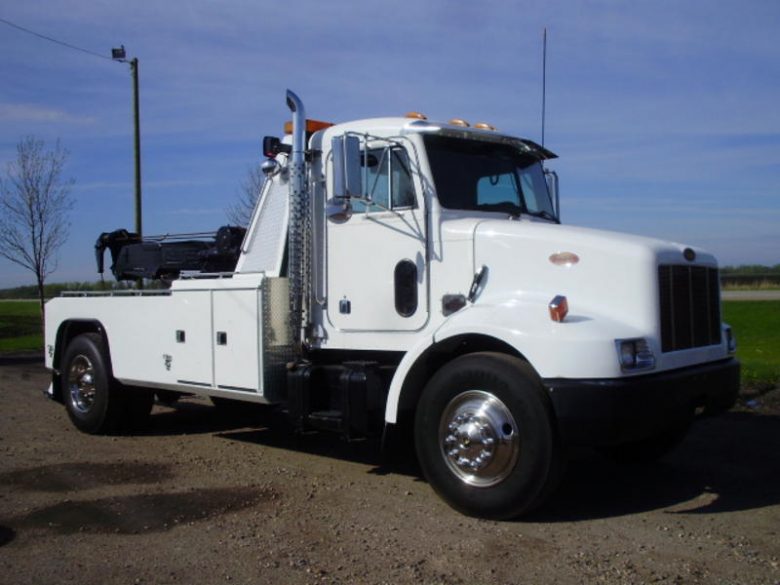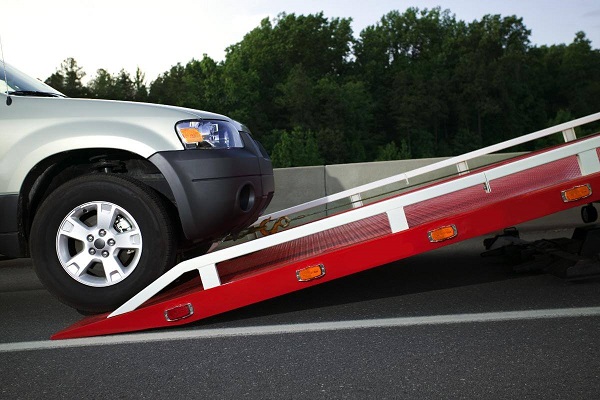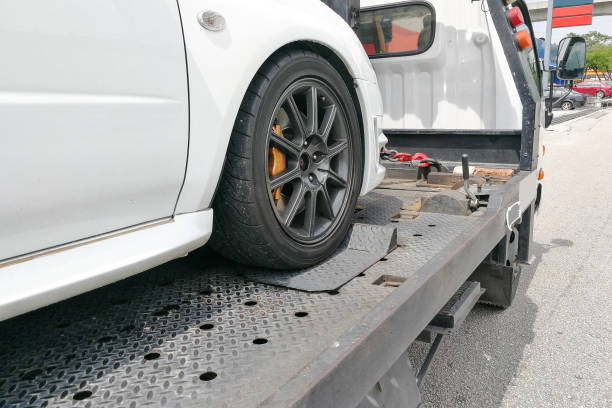What to Do When Your Car Tire Blows?
What to Do When Your Car Tire Blows?
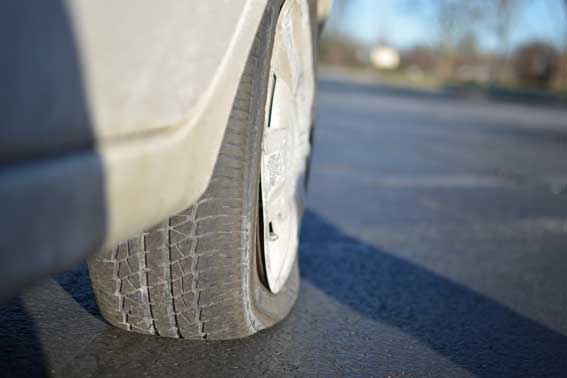
Tire blowouts and flats are one of the leading causes of traffic-related collisions and fatalities every year. For many drivers, not much is as dangerous or scarier than a high-speed tire blowout. Automic tire pressure monitoring systems have helped to reduce these numbers drastically, but many people are still affected by this issue today.
The technological and safety advancements have lowered the odds of a blowout happening. As a result, many drivers have no idea how to handle or react to this situation. In this short blog, we’ll discuss how to handle a tire blowout when it happens. The first thing we’ll go over is the causes of a tire blowout. Continue reading to learn more!
Common Causes of Car Tire Blowouts
Knowing what to do if your tire blows out can help save your life and those of other drivers. However, avoiding that situation altogether is even better! To do so, you’ll need to know more about the main causes of tire blowouts. Some of the most common reasons for car tire blowouts can include:
- Worn tires with shallow treads
- Over or under-inflated tires
- A leaking tire
- Structurally compromised tires
- External factors include extreme heat, nails,
- or other metal on the road and potholes.
Now, let’s take a look at what you should do when your vehicle experiences a blowout:
3. Away From Oncoming Traffic
As we’ve discussed, you should strive to park your car off the road and away from traffic. However, that may not always be possible, depending on your location. If you’re stranded on a busy street and feel unsafe due to the high traffic, go with your gut and get out of the car.
Remember to leave the vehicle through the passenger side door to keep yourself as far away from traffic as possible. Be extremely careful and stay as far away from the traffic as you safely can while remaining in your vehicle’s vicinity. If you have something on hand, a piece of fluorescent clothing is recommended to make yourself more visible to oncoming traffic.
Steps to Take When You Have a Blowout
Remain Calm
If one of your car’s front tires blows, it can affect your steering. If one of your rear tires blows, you’ll notice that your vehicle will start to pull to that side considerably. No matter which tires blow out, you need to stay calm and call a professional to get to you as quickly as possible.
Avoid Quick Movements
Don’t apply your brakes suddenly in an attempt to stop your car in one quick movement. Attempting to stop your vehicle too quickly will make it much more challenging to maintain control over it. Keep a firm grip on the steering wheel and avoid flipping the wheel suddenly to turn as it can cause you to lose traction.
Decelerate the Vehicle Slowly
Try to keep your car’s speed consistent as much as possible and let it slow down on its own. Once you feel like you have the vehicle under control, turn on the hazard lights and lift your foot from the gas pedal lightly to slow down the car’s speed.
Pullover on the Side of the Road and Away From Traffic
Keep an eye on traffic and watch out for a safe place to pull onto the side of the road. Don’t forget to keep the steering wheel straight while you’re actively slowing down. As you slow down, try to maneuver your car as far away from the road and traffic as safely as possible.
Call for Roadside Assistance
Once you’re safely stopped on the roadside, call your local, professional roadside assistance services to change your blown-out tire. Patiently wait for them to arrive and don’t leave your vehicle unless absolutely necessary.
Final Thoughts
Having a tire blow out while you’re driving can be a scary situation. Many different factors can cause a tire to blow, including worn tires, leaking tires, over or underinflated tires, and external factors. When you have a blowout, you can stay safe by remaining calm, avoiding quick movements, decelerating slowly, pulling over onto the roadside, and calling for roadside assistance. If you follow these simple steps, you should be fine when your car breaks down.


